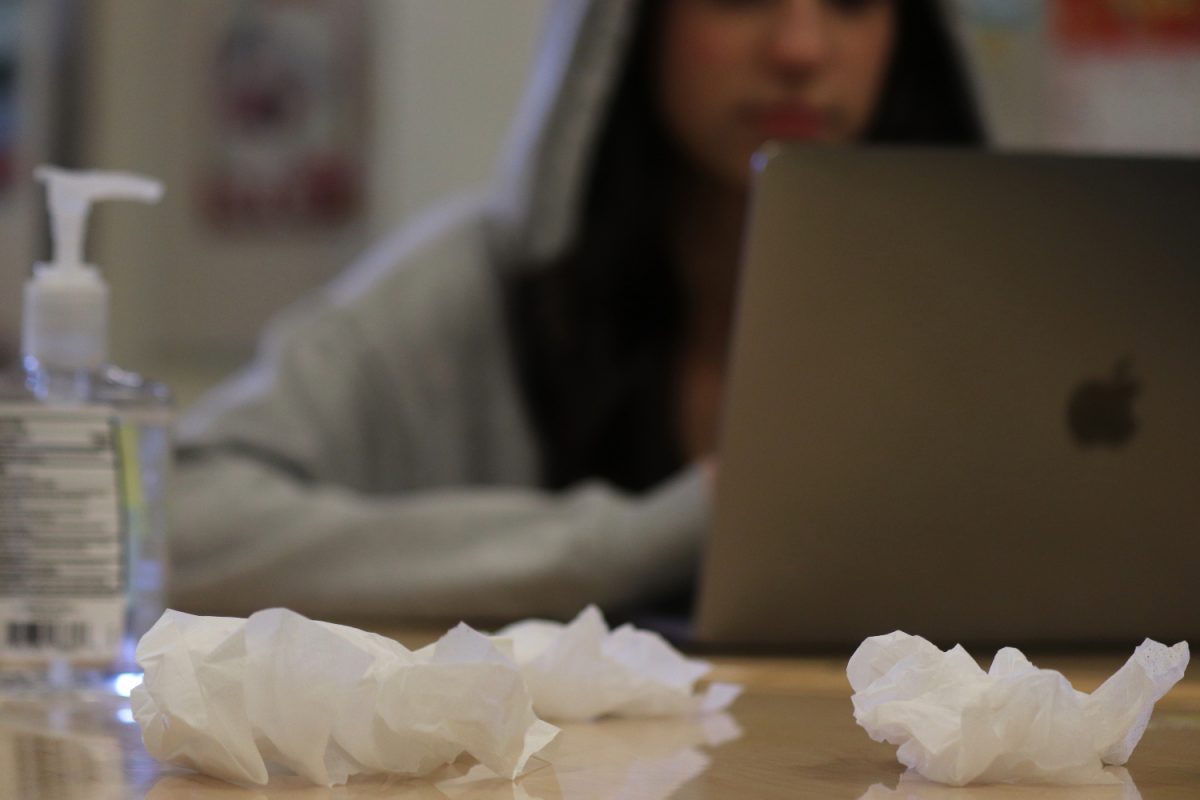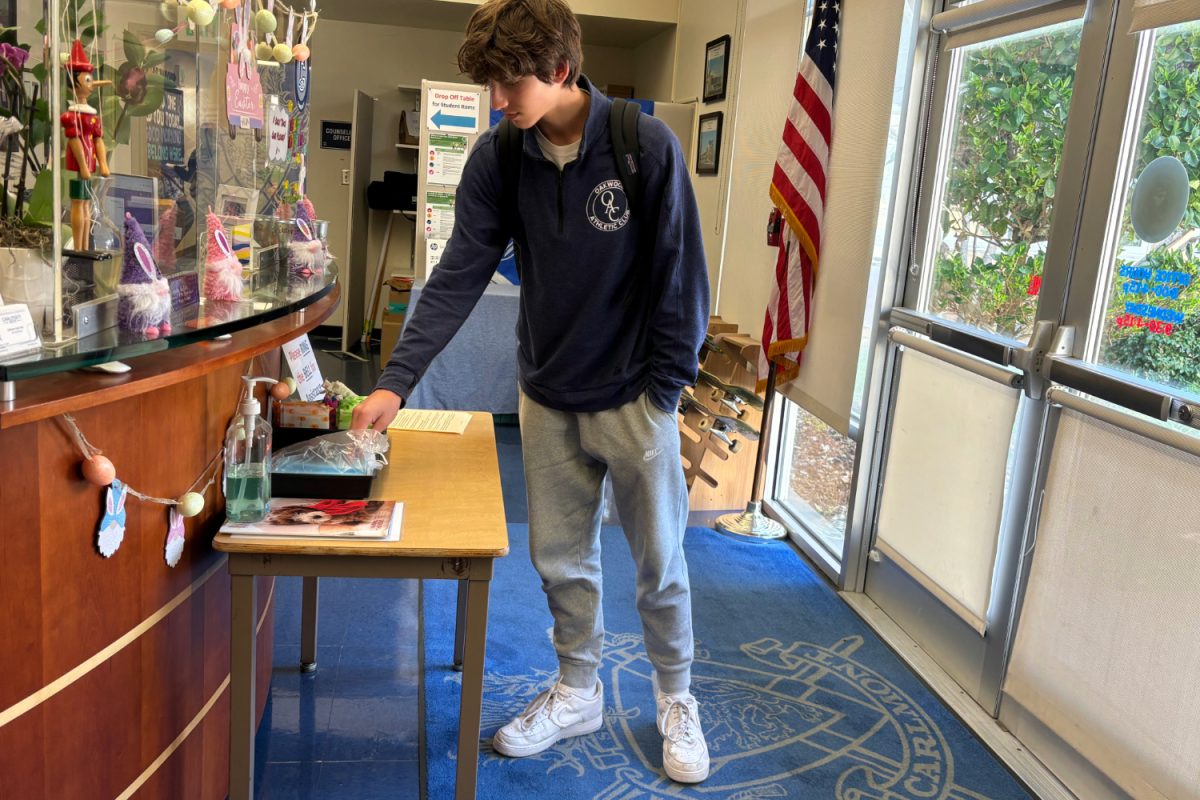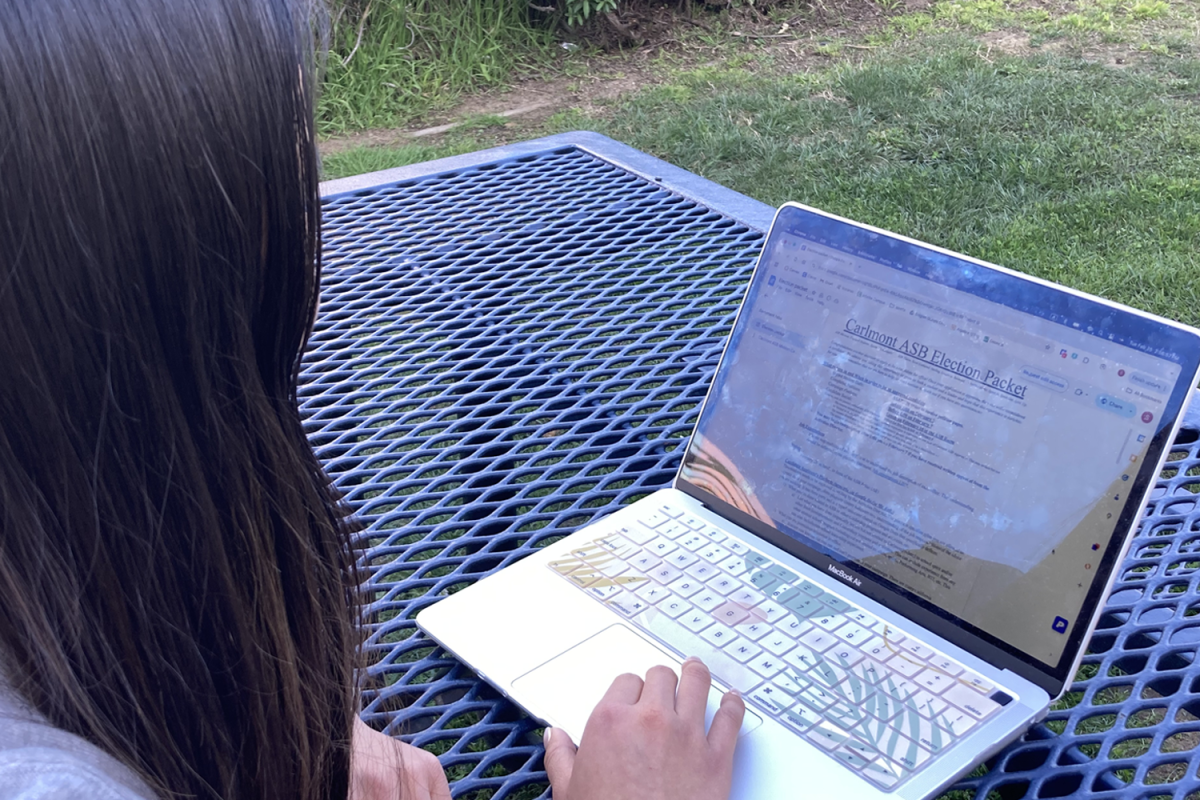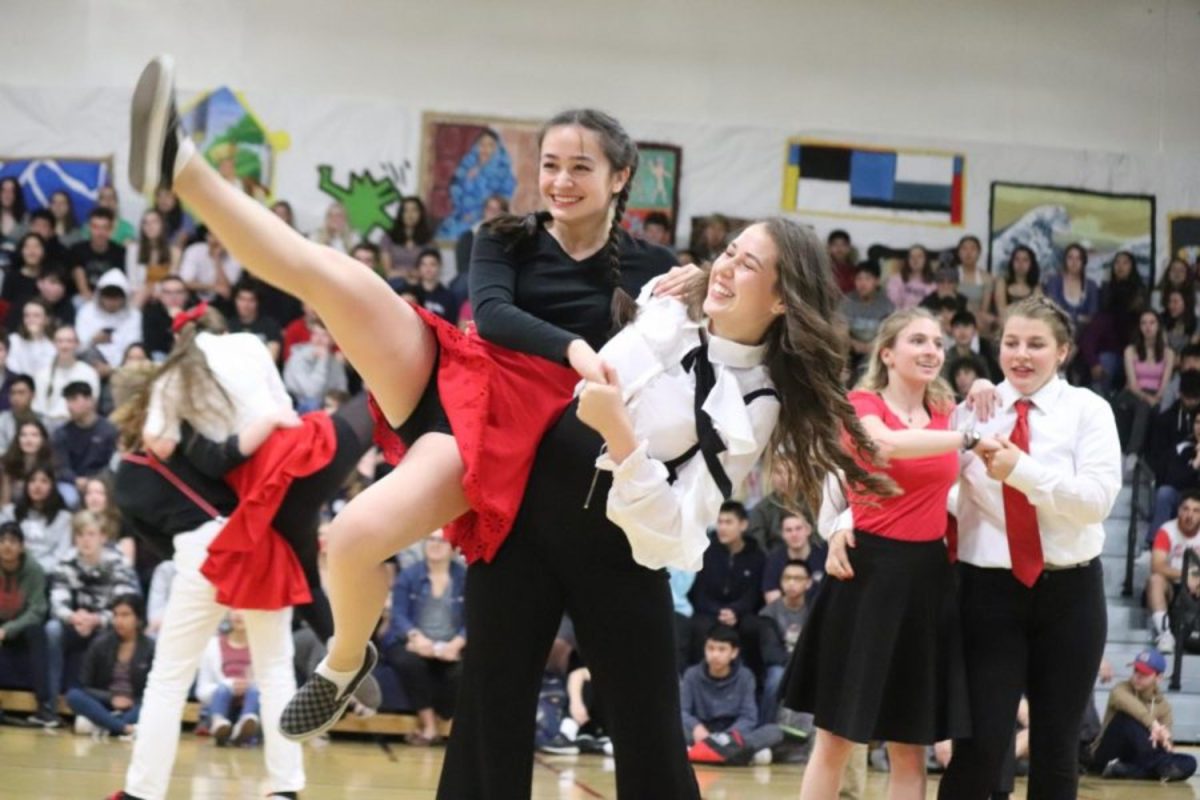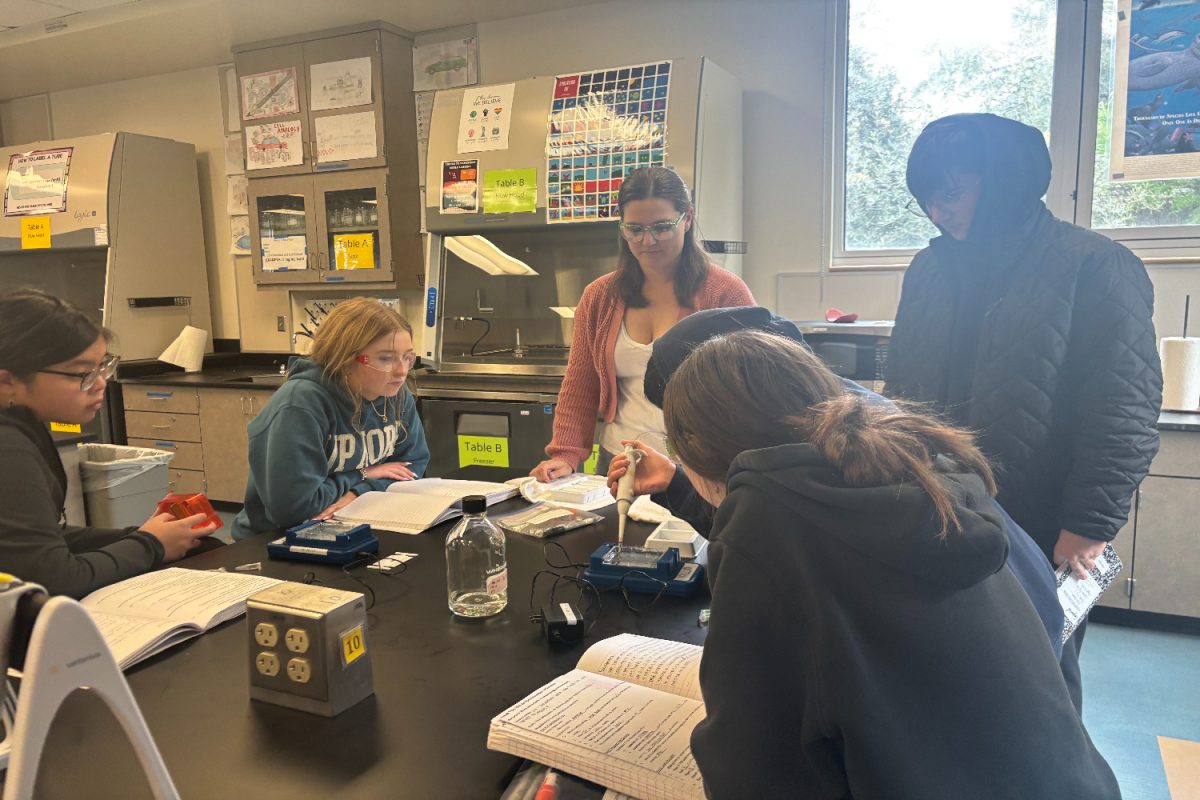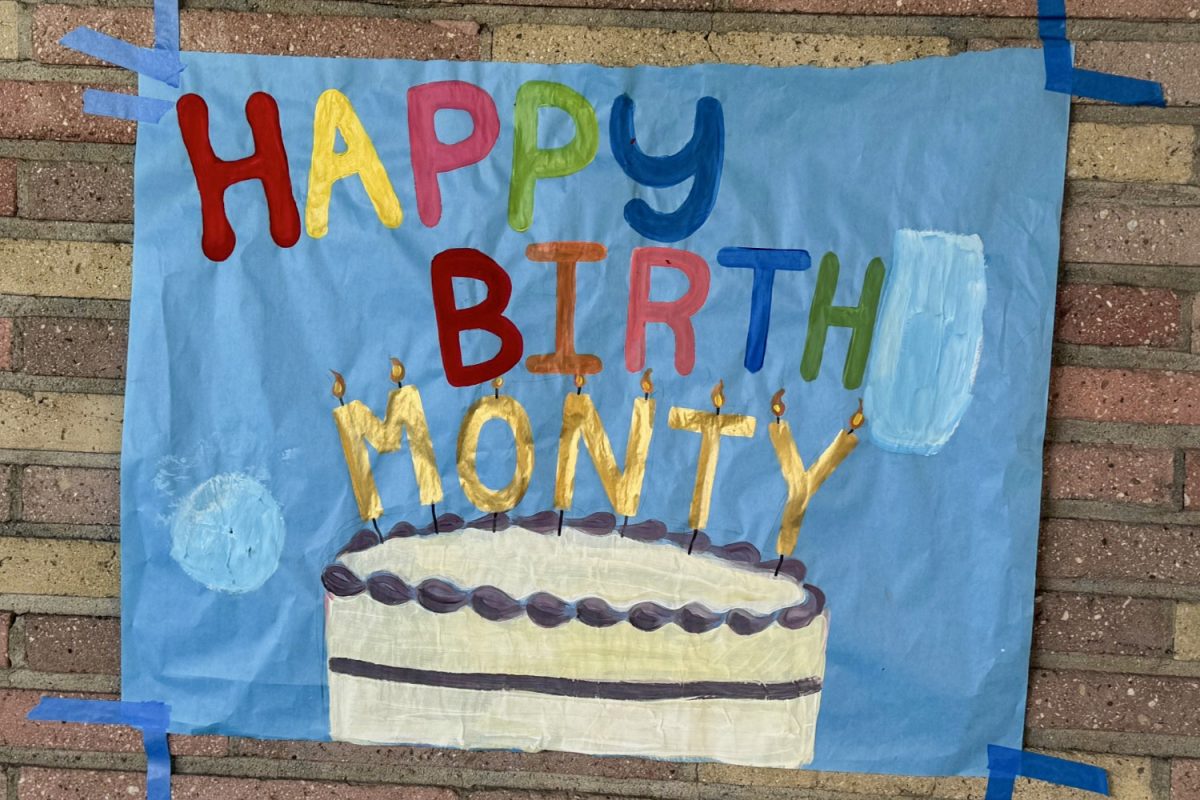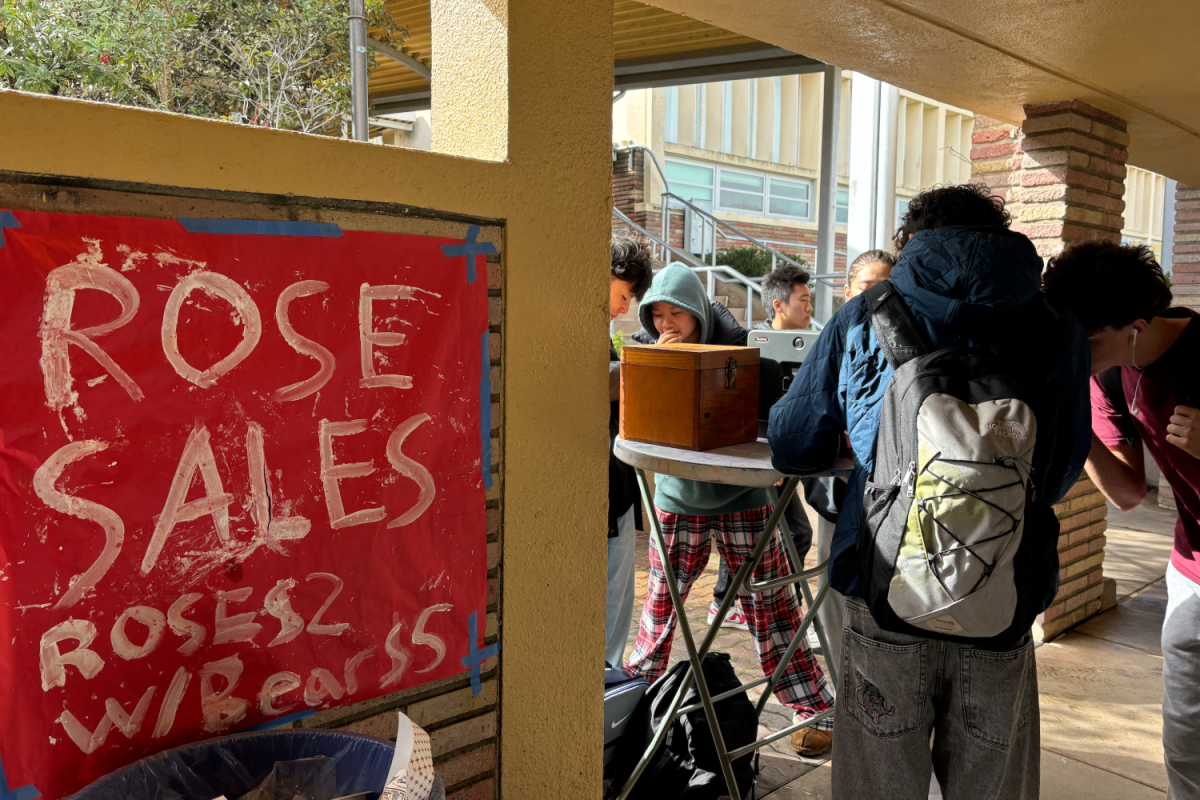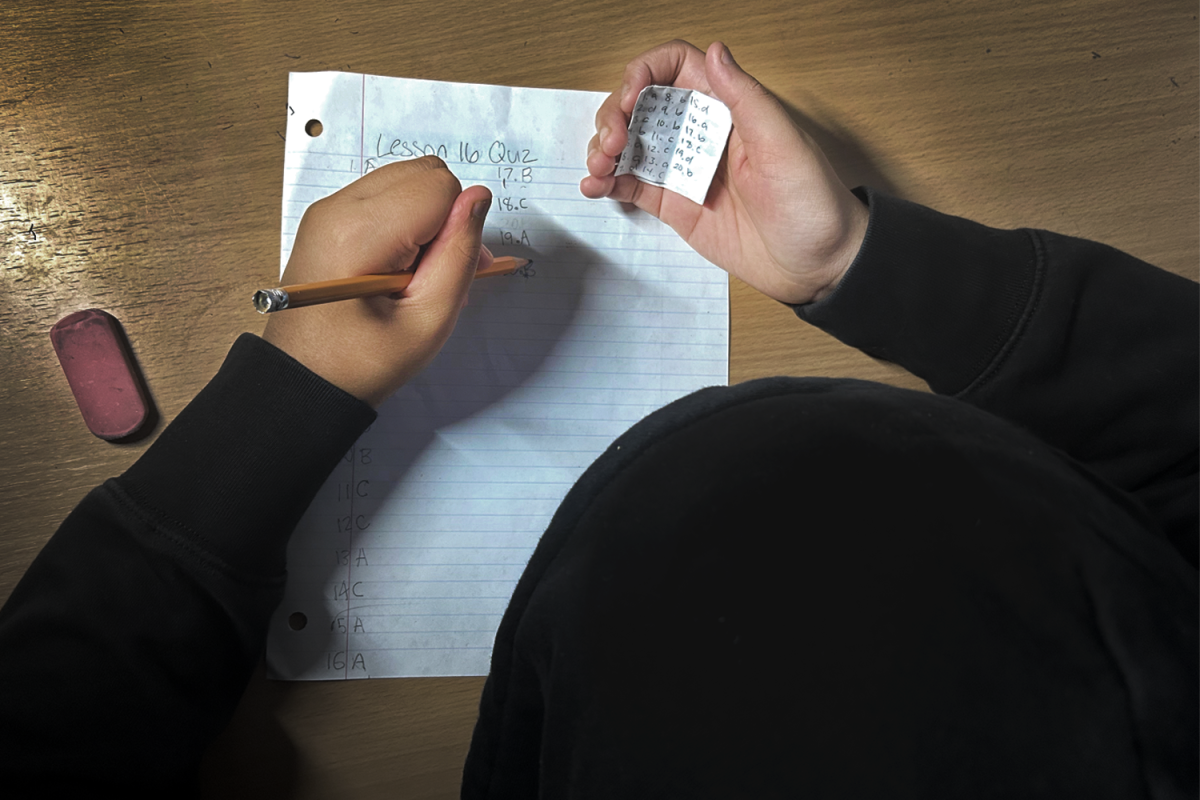The coughs, sniffles, fevers, and fatigue are back and plaguing students’ ability to manage schoolwork.
As the flu and cold season reach their peak, students are increasingly missing school, with absences piling up since October.
“I have seen a lot of students out with fevers, sore throats, COVID-19, the flu, and other symptoms and illnesses recently,” said Lenore Zarco, the attendance clerk at Carlmont.
When students get sick and stay home, they risk missing essential lectures and having to make up tests and quizzes when they return, often requiring them to carve out time from their already busy schedules.
“So far this semester, I’ve missed two math quizzes and a test because I was out sick, which I had to make up during flex and lunch,” said Ashlynn Son, a Carlmont sophomore.
Adding to the stress of the possibility of missing a test, students are pressured to perform better on their upcoming assessments. Some teachers have policies preventing students from making up work, such as essays and tests, and don’t accept late work.
“I have a teacher where if you miss an essay or unit test, you get a zero until the next test. The grade for that test is doubled, and the original test is excused, which leaves students with a zero for some time,” said Bryce Kupbens, a Carlmont junior.
These rigid or unclear absent and late work policies often leave students conflicted as to whether they should prioritize their health and the health of their peers or school.
“There’s this double standard with teachers; they want you to stay home when you’re sick, but then they say if you miss this presentation, then you will automatically get a zero, and I just find that so contradictory,” Son said.
With the burden of extra work, tests to make up, and studying to account for grade drops from missing a test, students are incentivized to attend school sick.
“I think there’s a lot of pressure students put on themselves and that inadvertently teachers put on them to come to school, especially with honor and AP classes, and classes with upcoming Socratic seminars or presentations,” said Principal Gay Buckland-Murray.
On the contrary, it can be hard to create an environment at home to complete assignments.
“Students should be given the opportunity to make up those things in the event of a sickness. But the reality is, it is challenging to recreate a class situation, so students are missing that opportunity to learn in that space,” Buckland-Murray said.
For now, many teachers are treating each student on a case-by-case basis, assisting each student individually rather than enforcing absent and late work policies.
“For me, a student’s health is the most important, not coming and taking a quiz. They need to take it easy, get better, and then they can do their work,” said Rosa Pissani Medina, a Carlmont Spanish teacher.

